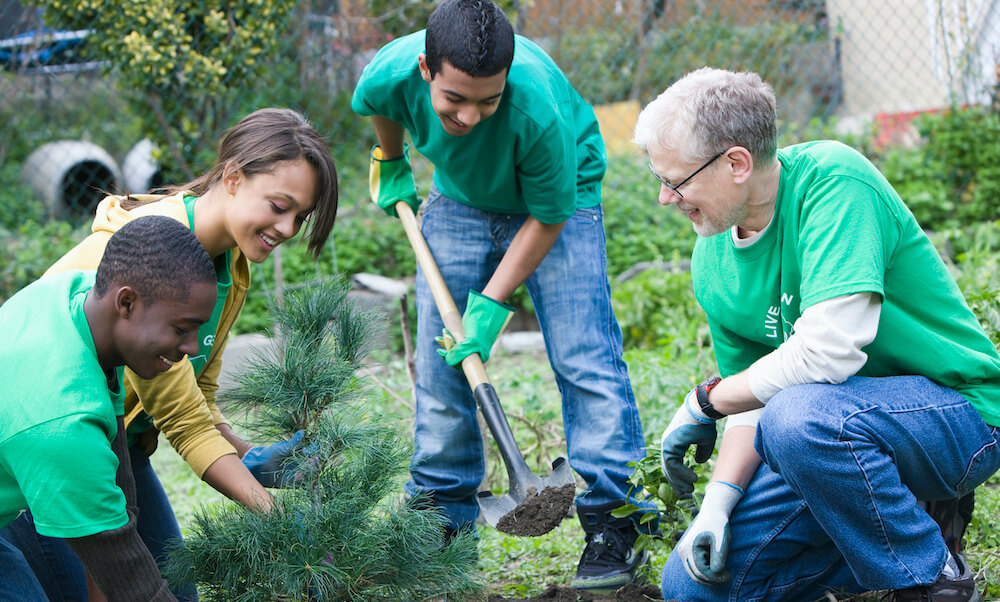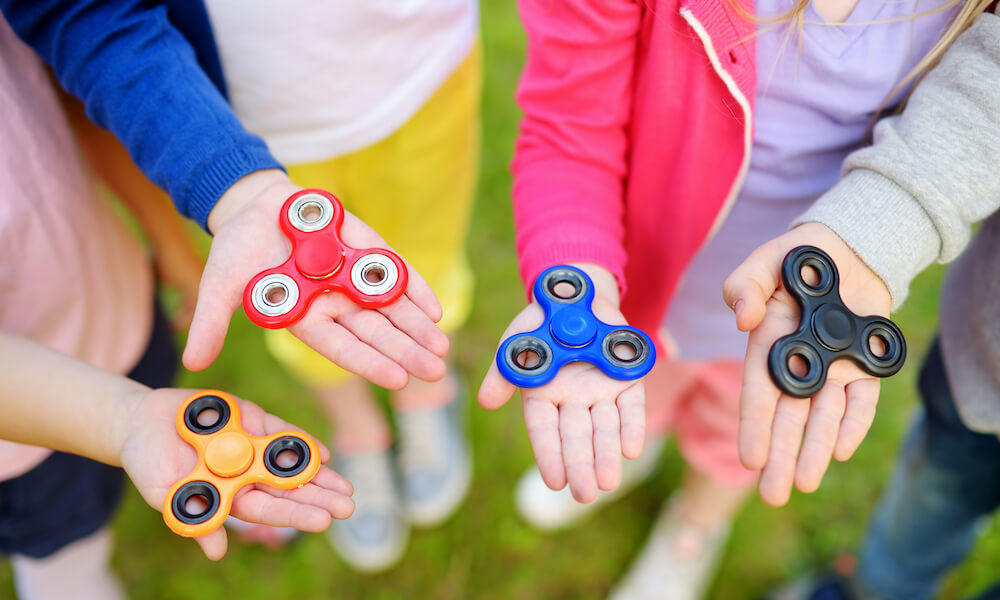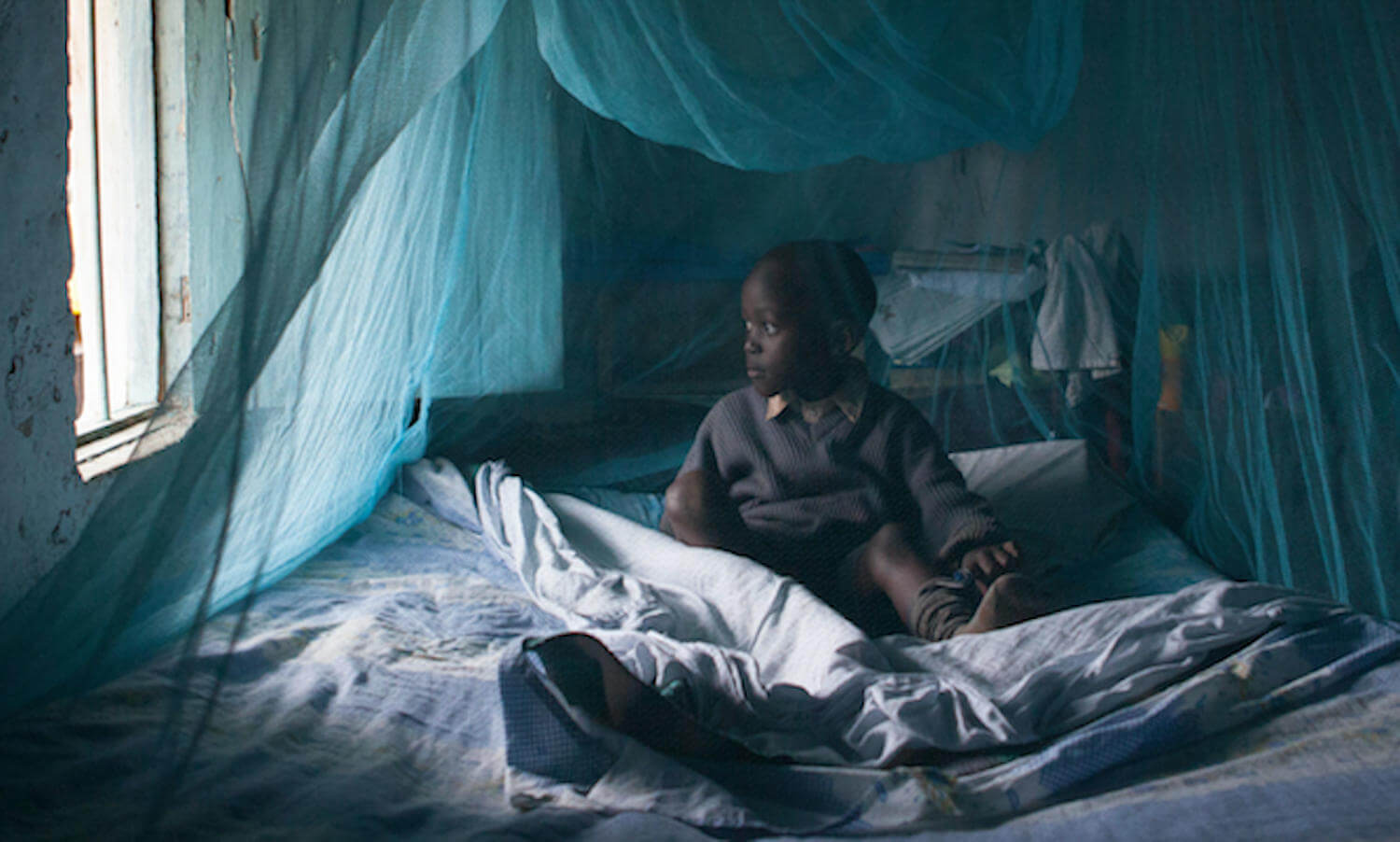As climate worsens, environmentalists also grapple with the mental toll of activism
Source: NPR
Environmental activism is hugely important, but so is mental health. Learn how a courageous new wave of activists reconcile the two.

Environmental activism is hugely important, but so is mental health. Learn how a courageous new wave of activists reconcile the two.

Listen to Ethan Lisi discuss autistic behaviors and debunk stereotypes.

An innovative New York City program seeks to protect girls from developing a negative body image.

Nobel-Prize winner Albert Einstein was one. Susan Cain presents her ideas about the value of introverts. She argues that though many people today prize being social and outgoing, being contemplative and quiet should also be encouraged and celebrated. Listen to her TED talk or read the transcript.

Shakespeare’s line, “Macbeth doth murder sleep”—and his guilt-ridden, sleepwalking Lady Macbeth—made a link between psychological distress and troubled sleep. Recent research shows that the Bard was onto something.

How has the COVID-19 pandemic affected young people and their sense of how they fit into society?

Combatting the coronavirus has increased production of surgical masks, creating a potential environmental hazard. Read about the risks and ways to protect the planet.

In this short column, a doctor dispels myths about hypnosis to finally answer that age old question: Is hypnosis real?

Learn about why this vaccine is so important for children in Africa.

Historians still aren’t quite certain of vampires’ origins, but they have theories. Read more to find out what they are.